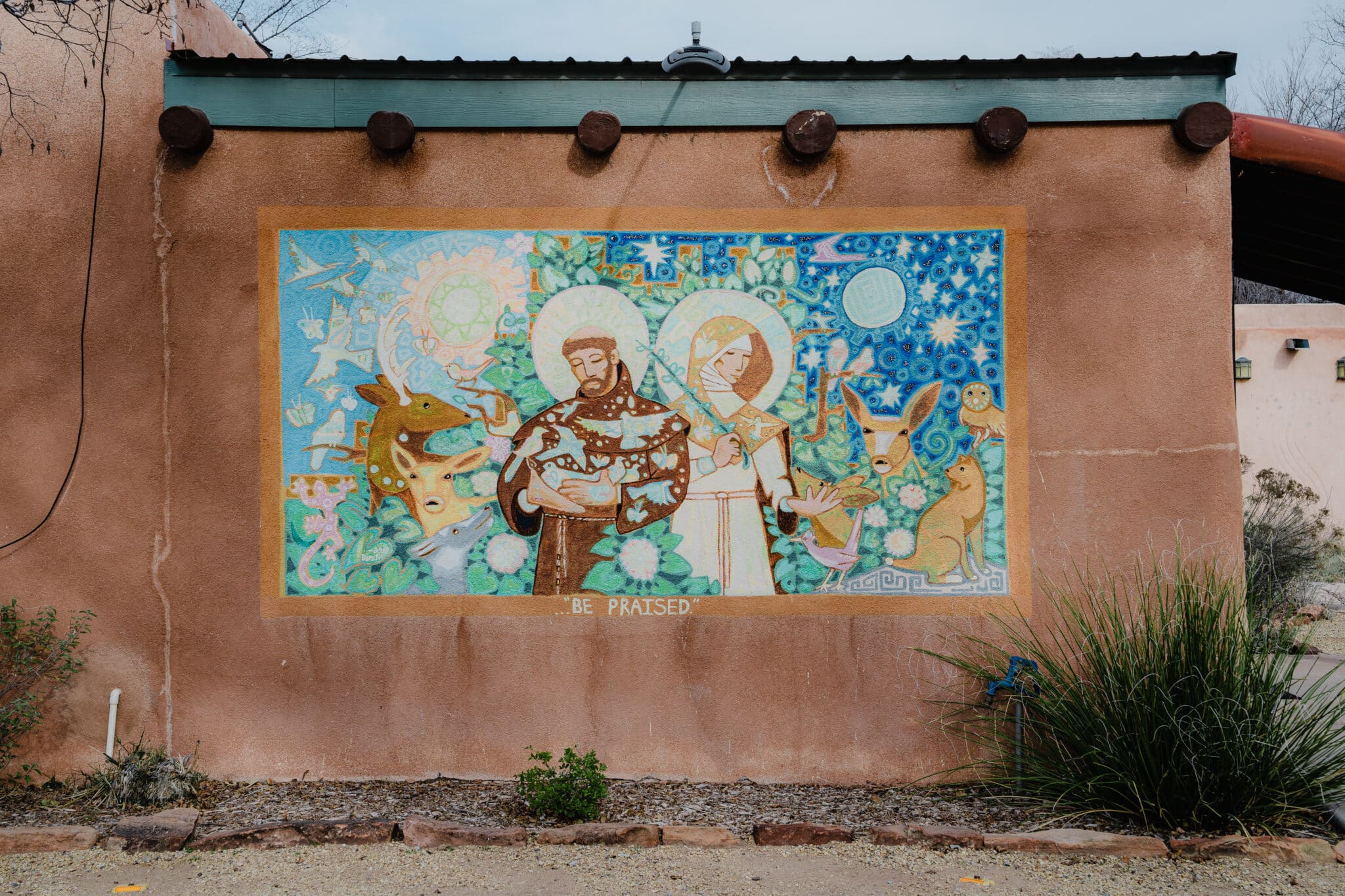When was the last time that someone aggravated you? What was your response? Did you share your aggravation with him or her or gossip about it with someone else? Were you angry, perturbed, dismissive? Did you think the person was stupid, ignorant, or uninformed? All those reactions are normal, but they’re not Christ-centered. Do these reactions exemplify who you want to be and what you claim to model as a Christian?
Social scientist and author Brené Brown has inspired me to try to approach aggravation differently with something she calls “living big.” In her book Rising Strong: How the Ability to Reset Transforms the Way We Live, Love, Parent, and Lead, Brown describes an incident in which someone seriously aggravated her. Brown’s dismay and anger felt valid to her until she shared the incident with her therapist, who quipped, “Have you considered that perhaps she was doing the best she could?” Brown is indignant and even thinks about finding a different therapist until she realizes that, as a social scientist, she should approach the question by doing additional research. Her investigation then reveals unequivocally that most people believe that others are doing the best they can.
A New Worldview
We live in a society that feels divided on many issues: politics, how to address societal problems, religious beliefs, and more. Many of us harbor grudges over past mistakes by leaders, pastors, bishops, other voters, and politicians. Compassion suggests that we put ourselves into others’ shoes and try to look at the world from their perspective. But living big moves us beyond this. It reflects a worldview wherein people I disagree with—or even those with whom I am angry—may just be doing the best they can.
This perspective is even deeper than an attitude of forgiveness, because forgiveness implies that the other has done something wrong. Living big is giving the other the benefit of the doubt and assuming that there may be circumstances of which I am unaware underlying the other person’s behavior. Living big is about showing the other person love no matter what.
Joe Schwab, OFM, is aligned with this notion of living big when he describes the Franciscan charism as “loving first, knowing second.” Francis of Assisi discouraged telling others how to behave. He was not enthusiastic about writing a rule of life and was pushed into submitting one as the Church demanded that he have a rule to continue his preaching, establish a religious order, and remain in communion with the Church. In her Way of Life, Clare suggests that her sisters approach their lives together with love and meet weekly to share their needs and strengthen their relationships. Like Jesus, they loved first and did not judge others.
Living big does not, however, imply that we should fail to engage in seeking social justice or acting and voting based on Catholic social teaching. (Visit FranciscanMedia.org/st-anthony-messenger/july-august-2023 to read Mark P. Shea’s article on its four pillars.) The concept of living big is directly aligned with the first pillar: the dignity of the human person. No matter what a person has done, respect and dignity should be our response. We ought to seek justice, support, and the common good without berating the people who may have different points of view. Living big calls for humility and an assumption that others’ differing points of view may be based on their life experience or woundedness.
Might we behave as Jesus did and assume that they are doing the best they can? Might our worldview be based on our own life experience, privilege, or woundedness? Are we doing the best that we can?








